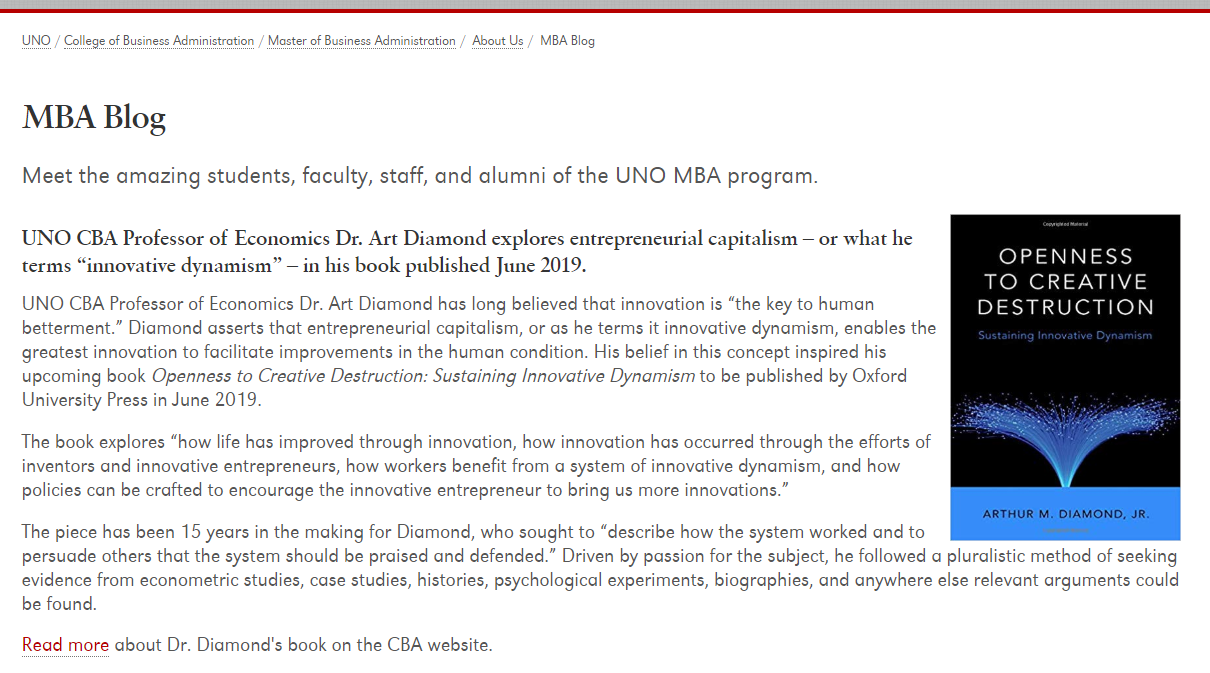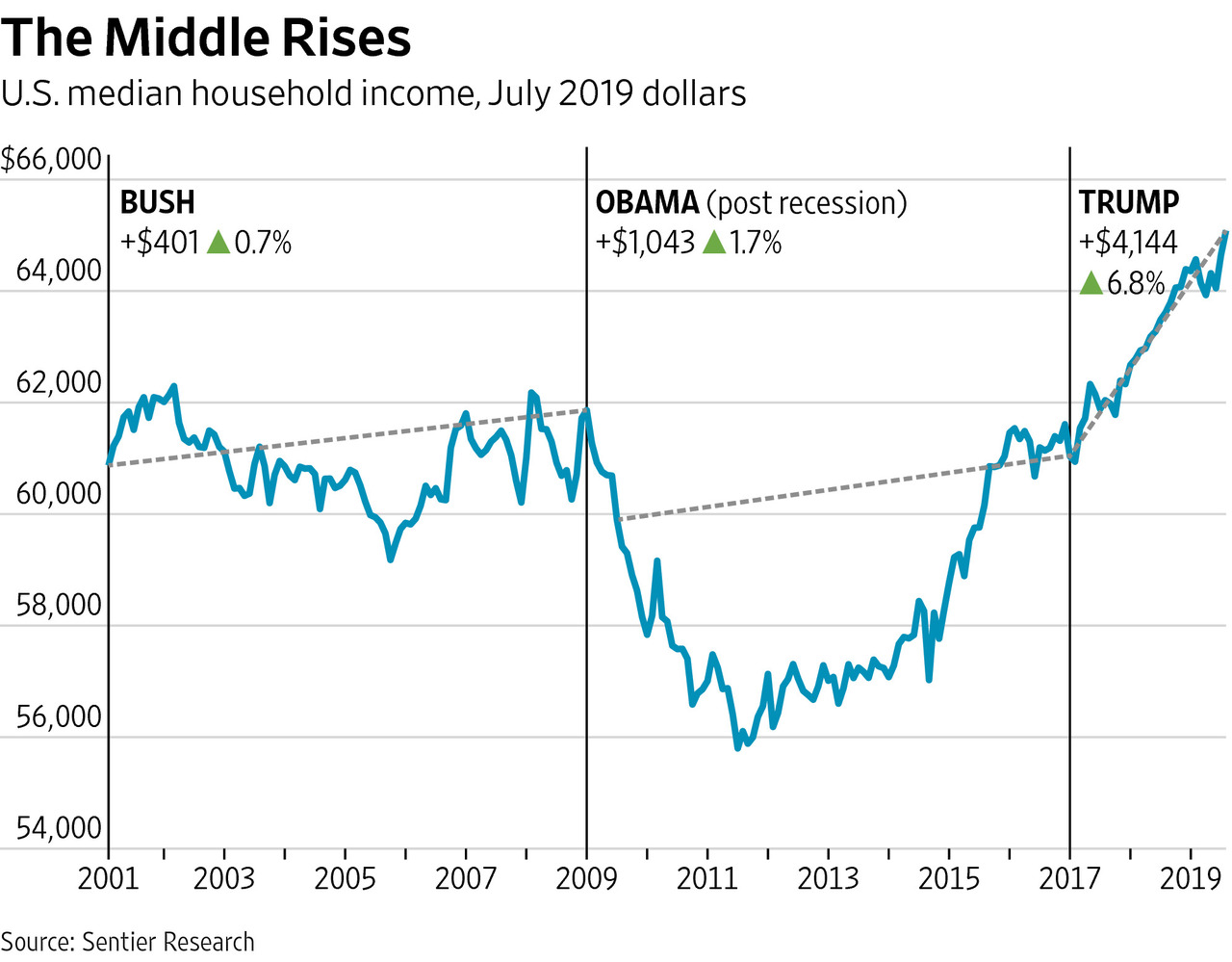(p. A15) One of America’s obscure vice presidents was Chester A. Arthur, a machine politician from New York. No one thought of him as presidential timber, least of all Arthur himself. He was chosen as the Republican vice presidential candidate in 1880 only to pacify the corrupt yet powerful boss of the New York Republican Party, Sen. Roscoe Conkling, who had fought against the nomination of reform-minded James A. Garfield for president.
Then Garfield was assassinated soon after entering the White House and the machine hack was suddenly President of the United States.
. . .
But reform was in the air. Rutherford B. Hayes, elected president in 1876, had run on a platform promising to overhaul the civil service. He ordered a 20% staff cut at the Custom House, followed by an executive order forbidding “assessments” and barring federal workers from performing political work on or off the job. . . .
When Arthur unexpectedly became president, nearly everyone expected that the federal government would soon return to business as usual. It didn’t. Conkling wanted Garfield’s Custom House appointee fired and his own man put in, so he could use the patronage to fuel his political machine. Arthur refused. “For the vice presidency I was indebted to Mr. Conkling,” Arthur explained. “But for the presidency of the United States, my debt is to the Almighty.”
Mr. Greenberger also highlights the remarkable role that a perfect stranger played in Arthur’s transformation. Julia Sand, a semi-invalid living with her family on Manhattan’s Upper East Side, wrote Arthur a series of letters encouraging, warning and criticizing him, consistently urging him to overcome his corrupt past. He visited her only once, unexpectedly, but carefully preserved her letters even though he burned most of his other papers.
Her encouragement had its effect. In his first annual message to Congress, Arthur called for civil service reform and the reactivation of the moribund Civil Service Commission. In his second message, he called on Congress to pass laws banning assessments and requiring competitive examinations for civil service positions. Under public pressure, Congress quickly complied.
. . .
Even Mark Twain—no apologist for politicians—wrote that “it would be hard indeed to better President Arthur’s administration.”
“The Unexpected President” is popular history, dependent on secondary sources, especially Thomas Reeves’s magisterial biography of Arthur, “Gentleman Boss.” But it generally avoids the pitfalls of the genre, such as assuming facts not in evidence in the sources. Above all, Scott Greenberger’s slim, well-written biography is a worthy tale of redemption—of a wandering man who, suddenly finding himself president, rose to the occasion and did his duty.
For the full review, see:
John Steele Gordon. “BOOKSHELF; Growing Into the Office; Chester Arthur was a product of the New York patronage machine. Then Garfield was killed, and suddenly the political hack was president.” The Wall Street Journal (Tuesday, Sept. 28, 2017): A15.
(Note: ellipses added.)
(Note: the online version of the review has the date Sept. 27, 2017, and has the same title as the print version.)
The book under review is:
Greenberger, Scott S. The Unexpected President: The Life and Times of Chester A. Arthur. New York: Da Capo Press, 2017.



